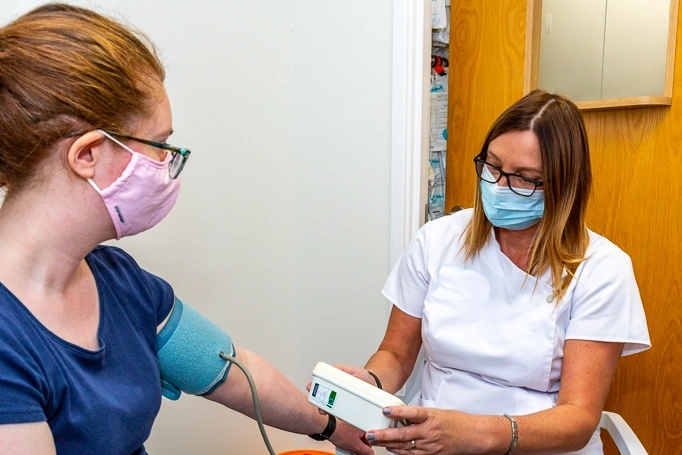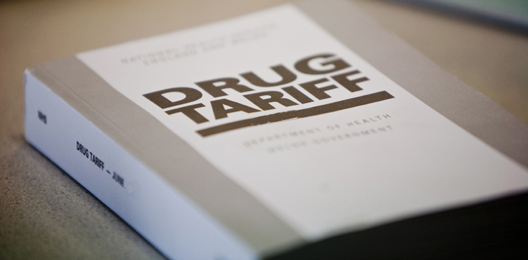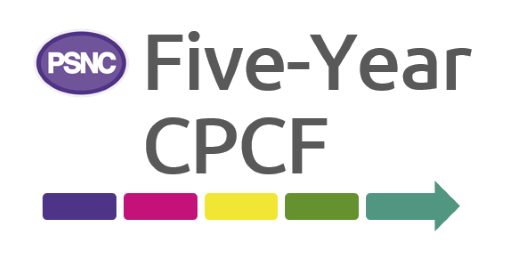Supplies made in accordance with HRT SSPs – FAQ briefing and top tips
Following the Department of Health and Social Care’s (DHSC) announcement of three new Serious Shortage Protocols (SSPs) for Hormone Replacement Therapy (HRT) medicines, PSNC has created a briefing titled ‘HRT Serious Shortage Protocols (SSPs) FAQs‘ to help pharmacists understand the requirements of these SSPs.
In addition, to support pharmacy teams, PSNC has also put together some helpful reminders and top tips on the correct SSP endorsement and submission requirements.
Top tips:
- Always double check that endorsements reflect the requirements outlined in the supporting guidance published for each SSP on the dedicated page of the NHSBSA’s website.
- Check whether your PMR system enables complete and correct SSP endorsements (please contact your system supplier if you are unsure of how to apply endorsements correctly). If you have suggestions about how system usability and functionality could be improved, feed these back to your PMR supplier.
- When endorsing using EPS, select the SSP endorsement on your system and input the correct three-digit reference number leaving a space in between ‘SSP’ and the three-digit reference number for example, SSP 019. Remember to insert the leading zero in the three-digit reference number.
- In addition, endorse the SSP product dispensed including the quantity.
- Ensure your endorsements are accurate and clear – NHSBSA processing staff must be able to determine what has been supplied.
- SSP claims submitted using EPS tokens are no longer permitted.
- No prescription charge is payable if a patient receives a smaller quantity of the medicine than the quantity originally ordered on the prescription if it was supplied in accordance with a SSP for a reduced quantity.
- If a patient normally pays for their prescriptions, the paid status should be selected even though no charge is taken for the three months’ worth of HRT medicine supplied in accordance with the SSP. Once submitted for payment, the NHSBSA will recognise the SSP endorsement and process the prescription as a no-charge item i.e. no prescription charges will be deducted by the NHSBSA.
- NHSBSA will continue to apply charge deductions for any other chargeable items dispensed on the same prescription form with mixed items (affected HRT medicine prescribed with other items).
- If patient is exempt from prescription charges, the correct exemption reason should be selected.
- If any claims for SSPs have been endorsed incorrectly and before a claim is submitted for payment, where PMR systems allow, contractors may be able to retrieve any submitted EPS dispense notification messages by using the claim amend functionality.
- SSPs cannot be supplied past the period of SSP validity. Any other items on the prescription (such as an owing) can continue to be dispensed as usual but must be submitted for payment within three months of expiry of the SSP.
Declaration of monthly SSP claims using the FP34C form on MYS
- There is a separate declaration of monthly SSP claims on the digital FP34C submission form via the Manage Your Service (MYS) portal.
- Here, contractors should endorse the number of SSP claims made each month and not the number of items supplied in accordance with the SSPs.
- The number of items supplied in accordance with SSPs are to be declared along with the usual item totals.
- Please note that the NHSBSA will not be using the SSP declaration made on the FP34Cs for reimbursement purposes. Instead the SSP declaration is to provide the NHSBSA with an indication that SSP claim(s) are expected in that month.
- The SSP declaration is to support contractors when reconciling the number of SSP fees on their payment schedules against the number of SSP claims declared on the FP34C.
|
Invalid SSP claims In recent months, the NHSBSA has received a significant number of invalid EPS SSP claims submitted by contractors. The main reasons for these incorrect/invalid SSP claims are due to:
|








